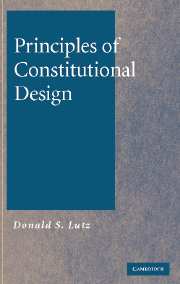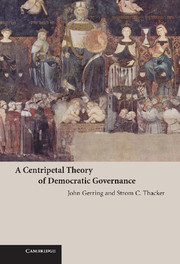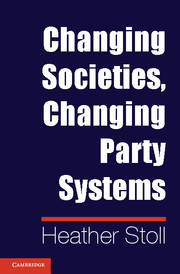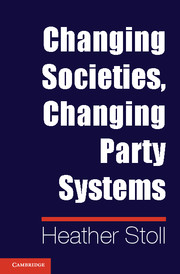Principles of Constitutional Design
This book is written for anyone, anywhere sitting down to write a constitution. The book is designed to be educative for even those not engaged directly in constitutional design but who would like to come to a better understanding of the nature and problems of constitutionalism and its fundamental building blocks - especially popular sovereignty and the separation of powers. Rather than a 'how-to-do-it' book that explains what to do in the sense of where one should end up, it instead explains where to begin - how to go about thinking about constitutions and constitutional design before sitting down to write anything. Still, it is possible, using the detailed indexes found in the book, to determine the level of popular sovereignty one has designed into a proposed constitution and how to balance it with an approximate, appropriate level of separation of powers to enhance long-term stability.
- Successfully blends the empirical analysis of a 75 nation database with more traditional political philosophy
- Recasts the traditional parliamentary/presidential dichotomy usually used by comparativists into a separation of powers framework
- Makes judicious use, where appropriate, of rational actor theory as well as historical examples drawn from classical Rome and medieval Europe
Reviews & endorsements
"What it does with admirable clarity and lucidity is examine the history of constitutional theories and theorists, and the problems that have exercised them." - The Law and Politics Book Review Wade Mansell, University of Kent, UK
Product details
August 2006Hardback
9780521861687
280 pages
233 × 158 × 23 mm
0.512kg
16 tables
Available
Table of Contents
- 1. Constitutionalism - an initial overview and introduction
- 2. Sovereignty
- 3. Popular sovereignty
- 4. The separation of powers
- 5. Analyzing the interaction between popular control and separation of powers in the amendment process
- 6. Matching a government to a people
- 7. An overview of the constitutional design project
- 8. An underlying constitutional logic - rational actors?









